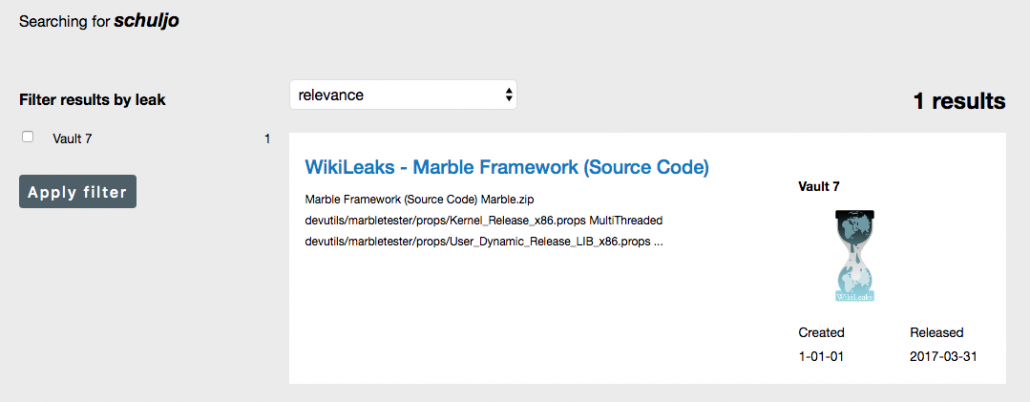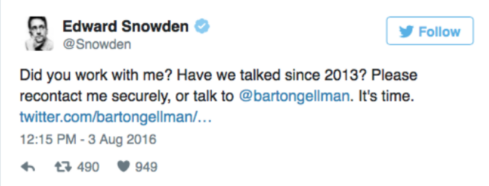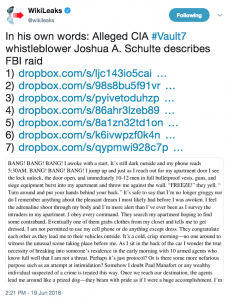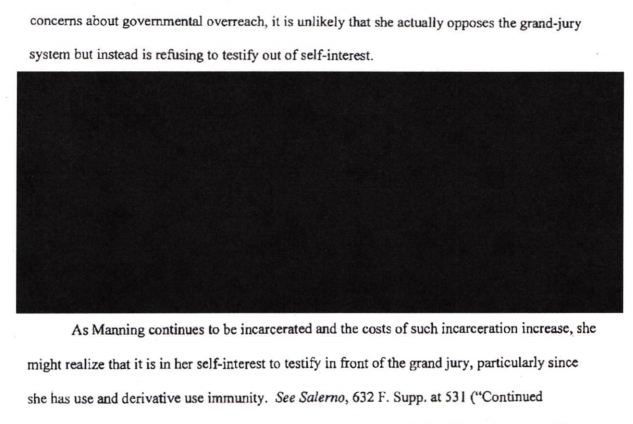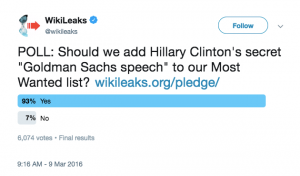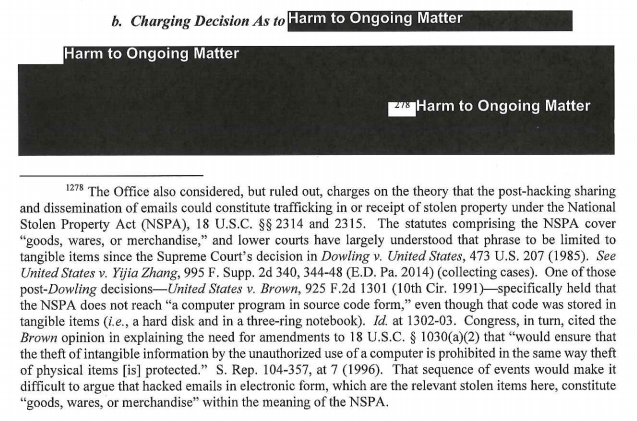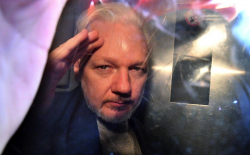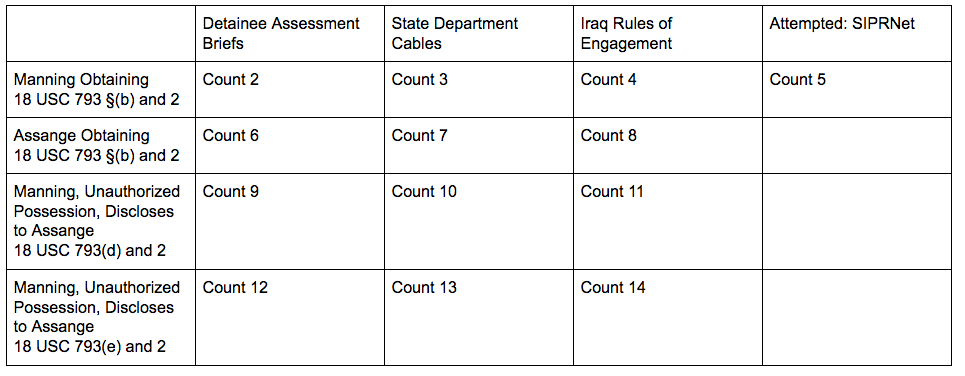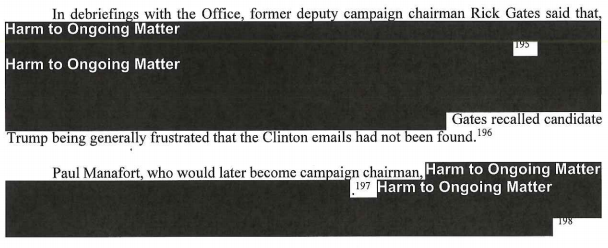The Gina Haspel Honorary 2020 Intelligence Authorization Might Criminalize Linked In Resumes
The Intelligence Authorization for 2018-2020 is actually not named after CIA Director Gina Haspel. But it might as well be for the way it bears the marks of the first female head of an Intelligence Agency. It offers 12 weeks of paid parental leave for Intelligence personnel (a good thing!) and it also imposes a new rule prohibiting someone nominated to a Senate-confirmed position from making classification determinations about information needed to assess the nominees record, as Haspel did when she hid information on her role in the torture program during her own confirmation process.
But the Haspel related part of the authorization that has (rightly) gotten the most attention — such as in this NYT piece — is a move designed to dramatically expand the types of people covered under the Intelligence Identities Protection Act, which currently prohibits sharing the identities of classified intelligence officers who’ve spent time overseas in the last five years, to cover everyone — past or present — whose relationship with US intelligence is classified.
Most of the concern about the measure focuses — as highlighted in Ron Wyden’s concerns laid out in the bill report — on avoiding accountability for torture (his comment implicitly applies to both Haspel and torture architects Mitchell and Jessen).
I am concerned about a new provision related to the Intelligence Identities Protection Act (IIPA). In 2010, I
worked to pass legislation to increase the penalties for violations of the IIPA. This bill, however, expands the bill so that it applies indefinitely, including to individuals who have been in the United States for decades and have become senior management or have retired. I am not yet convinced this expansion is necessary and am concerned that it will be employed to avoid accountability. The CIA’s request that the Committee include this provision, which invoked “incidents related to past Agency programs, such as the RDI [Rendition, Detention and Interrogation] investigation,” underscores my concerns.
While I agree with Wyden that the intent of this measure is about shielding the CIA from accountability, I think the measure would have two other unintended consequences.
First, I think it more likely that Julian Assange will beat some of the charges against him. (Let me be very clear, for the charges this would affect — which I lay out under Theory Three here — I think this is a good thing.) The justification for the change liberated by Charlie Savage actually mentions WikiLeaks by name.
Undercover Agency officers face ever-evolving threats, including cyber threats. Particularly with the lengths organizations such as WikiLeaksare willing to go to obtain and release sensitive national security information, as well as incidents related to past Agency programs, such as the RDI investigation, the original congressional reasoning mentioned above for a narrow definition of “covert agent” no longer remains valid.
This language raises real questions for me about whether CIA really understands WikiLeaks, not least because WikiLeaks is not going to greater lengths than other media outlets to facilitate the sharing of information (what happens before and after that is another issue).
But one way or another, if this bill were to pass, it would pass after Assange got charged with disclosing databases of sensitive identities. (The timing on this is rather suspect: SSCI passed the authorization on May 14, Burr reported it to the full Senate on May 22, and Assange’s superseding indictment was approved by the grand jury on May 23.) It would be child’s play for Assange’s attorneys (and he has very good attorneys) to argue that the timing is proof that disclosing the identities of most of the people in those databases — who were sources rather than CIA officers — was not illegal at either the time he did it or the time he was charged for it. In addition, passing this bill would reiterate Congress’ belief, now in 2019, that it believes only US citizens should be protected in this way; Assange is accused of disclosing the identities of foreigners, not Americans.
So this law, if it passes, would likely make it easier for Assange to beat these charges, but make anyone else doing it — even if for good reasons and after considering the risk — a criminal.
It’s the other presumably unintended consequence of this bill that I think is even more problematic. It would criminalize all sorts of ways that former intelligence officials publicly identify themselves. The current law includes an exception for those who identify themselves as covert agents, meaning the expanded definition should not be used to prevent people from disclosing their own past affiliation with the agency (to the extent their Non-Disclosure Agreements don’t prohibit it).
It shall not be an offense under section 601 for an individual to disclose information that solely identifies himself as a covert agent.
It also generally requires malice on the part of the person releasing identities. Nevertheless, given the way that the government already uses past classified work to restrict people for the rest of their life, it is not inconceivable that the government would come to use this law to punish others who provide platforms for former intelligence personnel to talk about that openly, like Linked In. Imagine a situation, for example, where the IC deems making it easier for former intelligence professionals to find better paying jobs in the private sector to be, “a pattern of activities intended to identify and expose covert agents and with reason to believe that such activities would impair or impede the foreign intelligence
activities of the United States.” In such a situation, Linked In might be charged under a newly expanded IIPA.
Given the vast number of former intelligence personnel who move into the private sector and the degree to which it has become commonplace to discuss those past affiliations openly, the criminalization of sharing of those identities poses a particular risk. That’s definitely not the point of this bill. But by lowering the bar for who counts as covert and making covert status permanent, it certainly could be used for such ends in the future.


